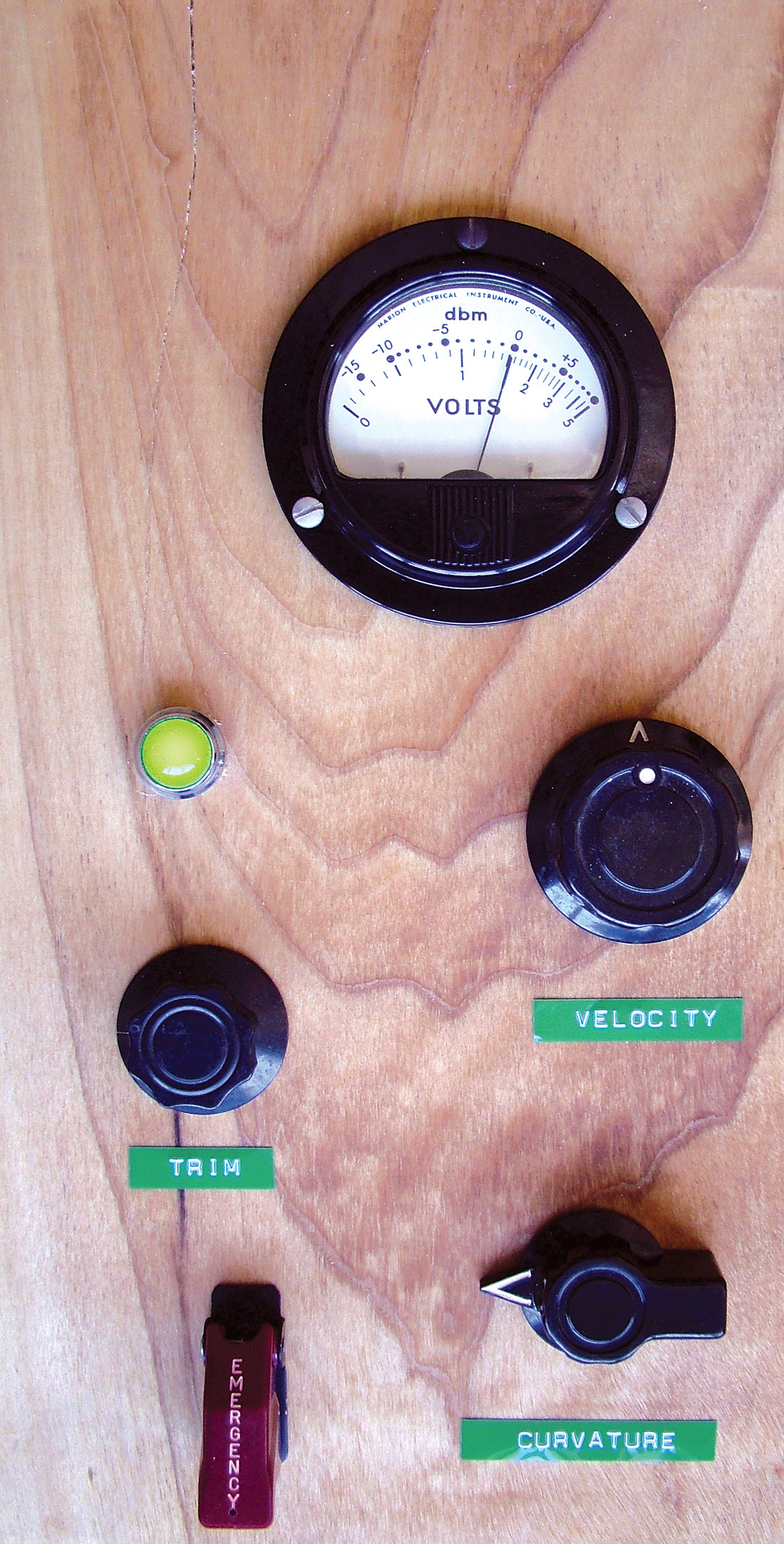QWERTY keyboards aren't exactly audio equipment, but when I work on audio, I spend a lot of time at a computer, and I can't live without a good keyboard. A typical $5 PC keyboard, or those modern Apple calculator things that are designed to look good in a photo shoot - those are no fun for any amount of serious use.
Here's the short version of this review:
Both of the clicky, old-school keyboards in question are super. I'd recommend either. If you're aesthetically sensitive or you need a few handy USB ports, go for the Matias, otherwise you can't go wrong with either keyboard.
And here's the long version:
If you're a computer nerd and/or an old person (sadly, I'm both), you probably know that IBM and Apple made their best keyboards in the late '80s and early '90s. I'm a software engineer by day, and I used a classic IBM Model M for probably 15 years. You know the one - the pearl- white beast with the clicky keys. Typing on them is a joy, thanks to the patented "buckling-spring" switch in each key and the typewriter-like keycap shapes. They're also beautifully built and durable. In the mid '90s, I found a huge pile of Model M keyboards at a university surplus depot for five bucks apiece. I bought four to keep as spares - and gave them away years later, since my everyday keyboard was still going strong.
Eventually, I retired my Model M due to its lack of a "Windows" key - that's the Option key on a Mac. You really can't use Pro Tools without an Option key! I went through a few replacements until, last year, I found the Unicomp SpaceSaver M. Check this out - in 1996, IBM and Lexmark, who manufactured the Model M, sold the Model M patents and molds to employees, who then started Unicomp and continued making keyboards (in the USA). So this keyboard is as close as you'll get to a modern Model M.
I absolutely love this keyboard. The buckling-spring switches feel precise and crisp. It's equally great for driving Pro Tools and Cubase, or for typing prose (like I'm doing now with it). Just go buy one, assuming you can live with the following few caveats. It doesn't have any built-in USB ports. The clicky keys are loud. (Unicomp sells a non- buckling-spring version if you want a burly keyboard that's quiet.) And the keyboard is... kind of ugly. The case has some degree of industrial-era timelessness - but the logo, not so much. My graphic designer friends would not allow this keyboard in their homes. One other thing to know - before using the Unicomp on a Mac, you'll want to fire up Keyboard Preferences and swap the Command and Option keys. If you like, Unicomp sells replacement Command/Option keycaps.
That caveat list brings me to the more physically attractive Matias Tactile Pro. While the Unicomp is clearly IBM-inspired, Matias makes Apple-inspired products. Apple's golden-era keyboard is the Extended Keyboard II, made in the early '90s. Like the Model M, the Extended Keyboard II was a big sturdy affair. It had Alps brand keyswitches - mechanical switches that feel good to use and emit a satisfying click when pressed. The Tactile Pro draws inspiration from both early and recent Apple designs - Alps keyswitches, in a handsome clear/white plastic case. (My designer friends would allow this keyboard in their homes.) It includes thoughtful, functional touches: laser-etched keycaps, three USB ports, F13-F15 keys, and volume control keys. In short, it seems like a keyboard Apple might make if they still cared about "pro" users. (The keyboard is PC compatible as well, though I haven't used it on a Windows machine.)
I bought my Tactile Pro at the same time as my Unicomp; I use the Tactile Pro at work. It's a great keyboard. The Alps keyswitches feel very good, and I like the keycap shape. My coworkers give me grief about my loud typing, but whatever, man.
After about 10 months of use, my Tactile Pro's down-arrow key stopped working. I emailed Matias and got a friendly reply from CEO Edgar Matias. He suggested blasting compressed air into the faulty keyswitch. If that didn't work, Matias could send me a couple of replacement switches, and if I was handy with a soldering iron, I could replace the switch myself. The CEO personally replies to emails, and suggests a soldering iron? That's my kind of support! I took him up on the offer and a few days later, disassembled the keyboard to replace the broken keyswitch. Problem solved! I asked Edgar if such switch failures are common. He said no, but they happen from time to time.
No keyboard is for everyone, but these have both been quite good for me, and it feels good to support small companies that work hard to build good tools. Click click click. (Unicomp Spacesaver M $94 MSRP, www.pckeyboard.com; Matias Tactile Pro $149.95 MSRP, www.matias.ca)




_disp_horizontal_bw.jpg)